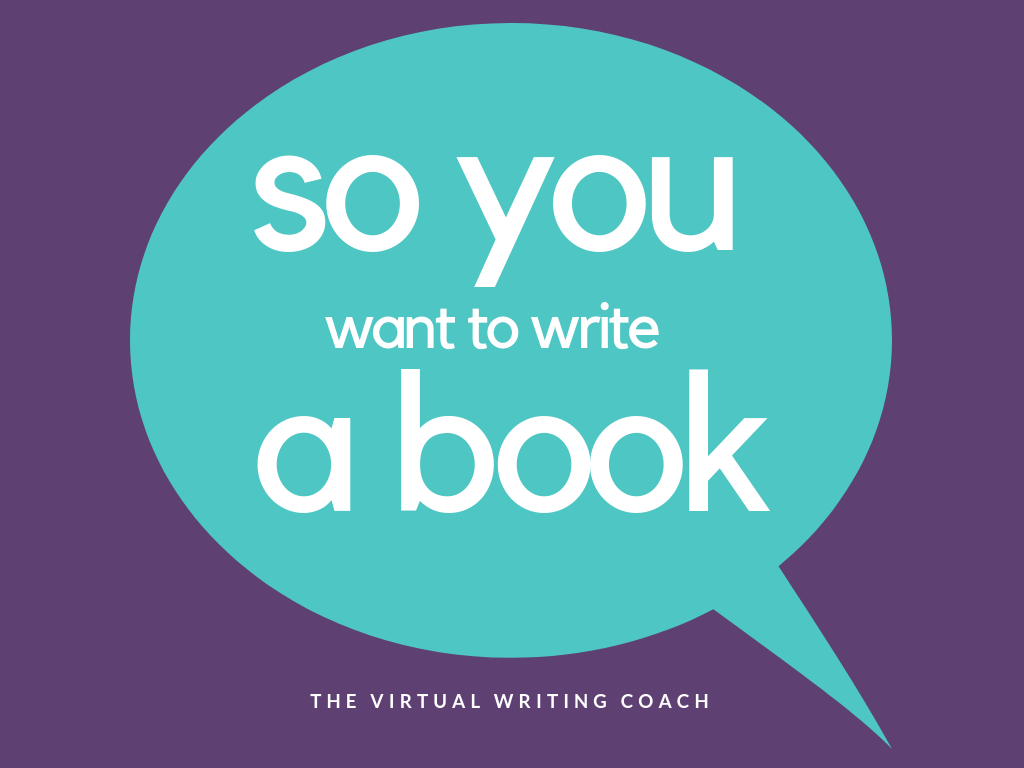
Good news for all! There is no wrong way to write a book. As long as it works.
And therein lies the secret to unlocking all your writer dreams, of course. Which way works for you?
Over the years I’ve had countless conversations with other writers about their process, and hardly any two writers approach their craft the same. It’s an art. It’s meant to be personal. Intimate. Yours.
Of course, there’s the standard brainstorm, outline, and write which certainly works for those who crave plans and organization. However, most of the writers I’ve know, are pantsers, meaning they fly by the seat of their pants, no planning, no outlining, just an idea and go –
But, those are just two entry points into writing. And, you may find you prefer to take an approach that combines both. Being prepared, but being flexible enough to let the plan fall by the wayside when the characters take over and tell the ‘real’ story. And they will. They always do. Trust me on this.
The bottom line is getting that story out of your head and onto paper and I say do that by any means necessary. If you want to spend a great deal of time prepping, do. Write character pages, full descriptions – physical, mental, emotional. Their history, their likes, dislikes, flaws and all. Figure out your storyline – there are fantastic tools out there to help with this, story graphs to follow to ensure you complete your story arc in a way that will satisfy the reader. Sometimes, learning your story inside and out is exactly the confidence boost you need to be able to tell it. Writing with the lights on, so to speak.
On the other hand, you may find you’re more like me, and prefer writing in the dark, being just as surprised as the story unfolds as your future readers will be.
I found, after years of trying the first approach (because, let’s be real – it’s fun writing out all the pre-story notes, figuring out all the character details, the plot – the ending!) that I never completed a single project, because I grew bored with it. Once I knew how it was going to play out, there was nothing left to motivate me to do the actual writing. So, I’d move on to the next idea. I did this over and over, and over again.
When I finally scrapped all my previous notions of how to write (and the fact I’d convinced myself that I was incapable of finishing anything – years of experience had taught me this, after all – so that lesson had to go) I managed to complete my first story. The first draft looked like this –
Drew – You know who this song always makes me think of?
Jerry – No. Who?
Drew- Marissa
Jerry- Seriously?
Drew – Yeah, pretty lame , huh?!
Out of nowhere a girl shows up and sits down next to them.
Marissa- It’s ok, this song always makes me think of you, too.
Drew – Really?
Marissa – Yeah, every time I hear it, I think ‘I bet Drew thinks of me when he hears this song.
Jerry laughs
Drew- Very funny…
All of a sudden there is a bright light and we see the girl lying in bed waking up.
The whole thing was written out in the most basic sort of script format because sticking to dialogue was the easiest way for me to write the story without getting lost in the details along the way. After it was complete, tieing it all together was easy. And exciting. Because I’d finished something. And once I finished that first draft, I knew I’d be able to tell any story I wanted to moving forward. And I was right.
I wrote my first four novels in the same format. By the fourth, however, I decided I no longer needed to do twice the work, and come novel number five, I was able to write a complete novel, no steps skipped, no details put off, just sit down and write.
But, it took practice. Constantly working that writing muscle, always making it stronger, more disciplined, more capable of going the distance.
And that’s really the basic truth of it all. It doesn’t matter how you go about doing it, it’s going to take work. There is no easy formula, no set of steps to write a book that will work for everyone. You just have to go for it and keep experimenting along the way.
Some writers I know will write random chapters and string them together once they have enough. Others like to write everything by hand because that’s how the story flows best for them. You might be the sort who likes to read the last page of a book first, in which case you may also enjoy starting by writing the ending and then discovering the story which leads up to it. It really doesn’t matter how you do it. Just that you do. That’s the only way to write a book. You have to write.




